Find Your Perfect Wood Product
If you find a product you like, reach out to us for more details and assistance.
Figured & Fiddleback Maple
Figured Maple resembles Hard Maple being closed-grained but much softer. It is easily worked and generally turns and planes well. It does not require fillers to achieve a glass smooth finish. The curls appearing across the board are the result of contortions in the grain that reflect light at different angles.
Length: 6′-10′
Thickness: 4/4 $15/Bd ft
- Common Name(s): Figured Maple
- Scientific Name: Acer saccharum
- Distribution: Northeastern North America
- Tree Size: 80–115 ft (25–35 m), 2–3 ft (0.6–1.0 m) trunk diameter
- Avg. Dried Weight: 44.0 lbs/ft³ (705 kg/m³)
- Janka Hardness: 1,450 lbf (6,450 N)
- Crushing Strength: 7,830 lbf/in² (54.0 MPa)
Heartwood: Tends to be a darker reddish brown.
Sapwood: Nearly white to off-white cream, sometimes reddish or golden.
Grain: Generally straight, may be wavy in figured boards.
Texture: Fine, even texture with moderate natural luster.
Rated as non-durable to perishable; susceptible to insect attack.
Easy to work with hand/machine tools. Can burn with high-speed cutters. Turns, glues, and finishes well; pre-conditioner or gel stain may be needed to avoid blotching.
- Flooring (courts, dance-floors, bowling alleys, residential)
- Veneer
- Musical instruments
- Cutting boards, butcher blocks, workbenches
- Baseball bats and turned objects
- Specialty wood items

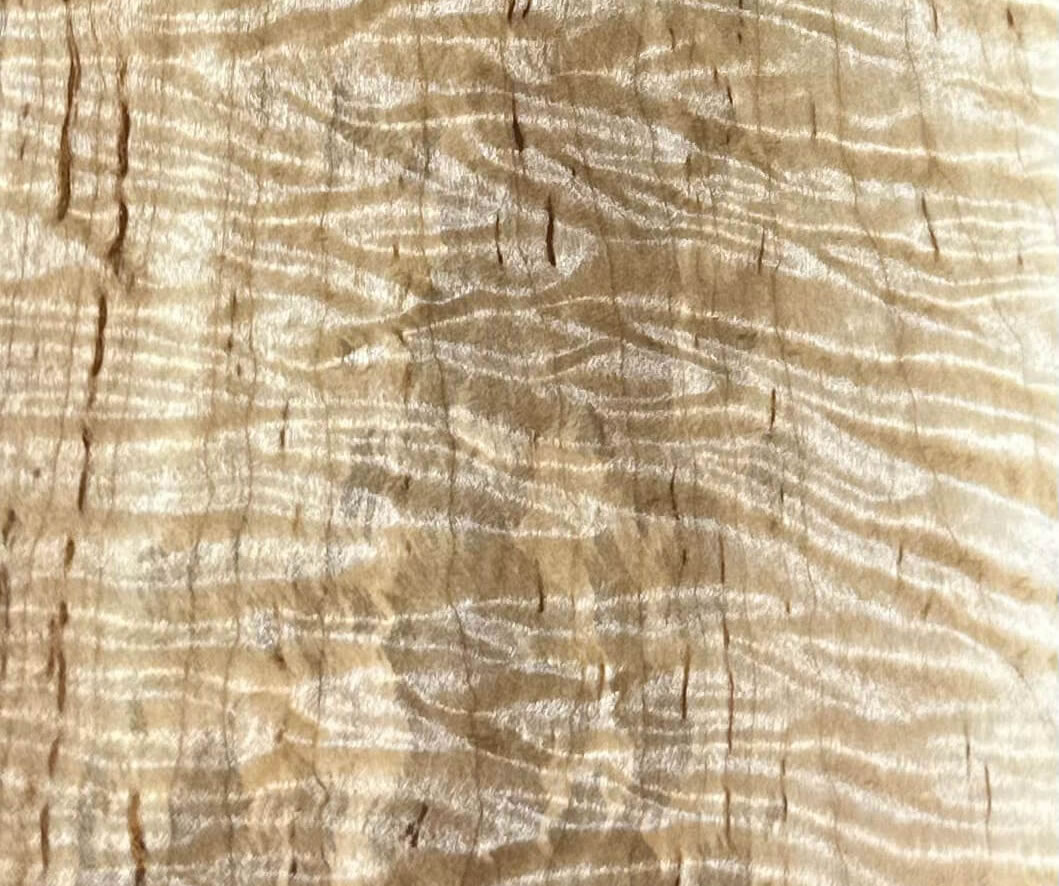
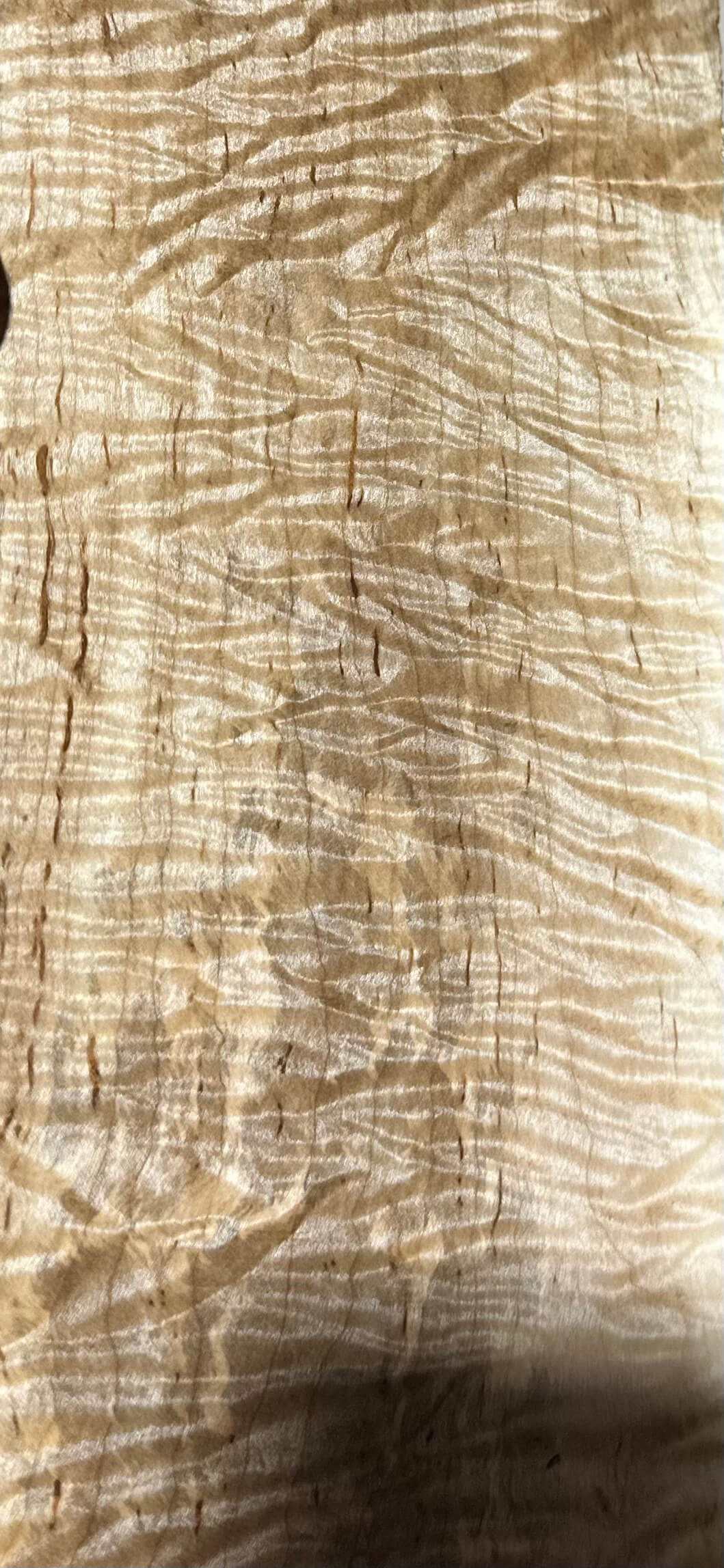
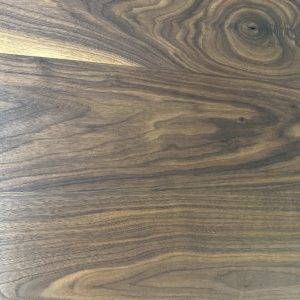
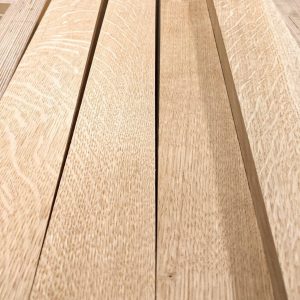
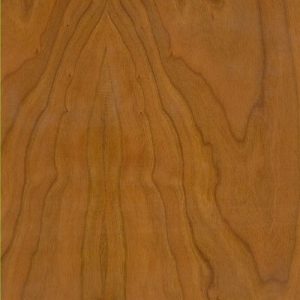
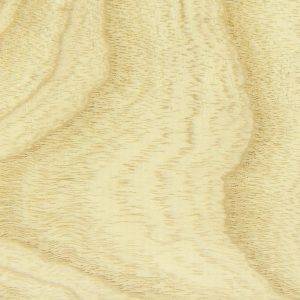
Called curly maple for its 3D grain ripple effect. Also known as fiddleback maple—used in violins for its tight, uniform curls, usually within ¼” spacing and at right angles to the grain.
Fiddleback curl is prized by luthiers for backs/sides of acoustic guitars, mandolins, and violins. Similar to quilted maple but with horizontal pattern. Most pronounced when quartersawn; less visible in flatsawn boards.
The environmental factors causing this figuring are still unclear.